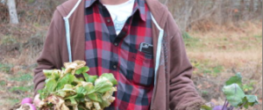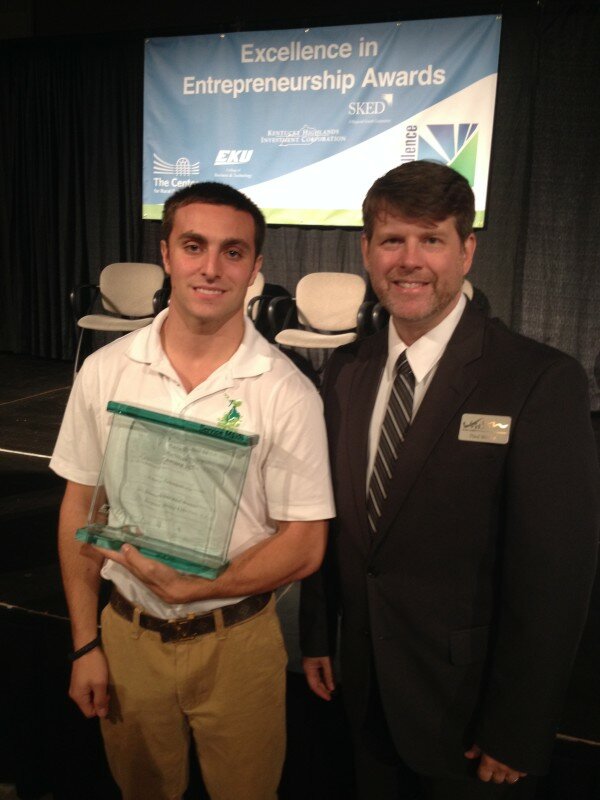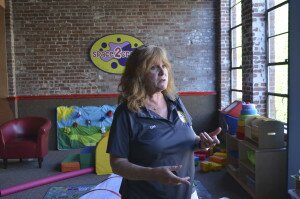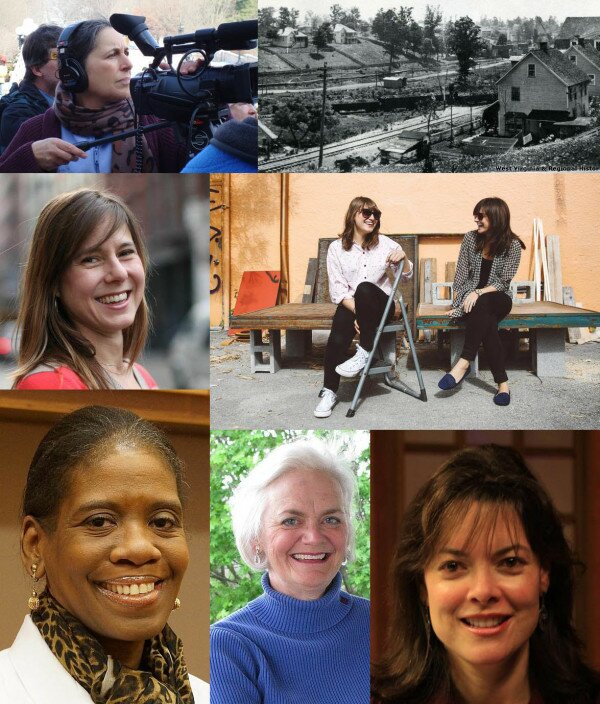
“All over Appalachia, people are in different stages of mourning this thing that’s put dinner on the table and shaped culture for as long. Some are even starting to talk about transition – about Appalachia past coal.” So starts a piece from a new radio documentary airing nationally this spring, “Moving On But No Way Gone: Coal in America.” This particular piece was produced by West Virginia’s Catherine Moore (of Beauty Mountain Studio in West Virginia), who looked at what sort of transition is actually happening in Central Appalachia. Here’s the set up for her 8-minute piece, “Building Barns out of Coal Tipples: Appalachia’s Shifting Economy:” Since the days when mules carted coal and miners were paid in company credit, coal has certainly been king in Central Appalachia. But now, in a trend not widely noted outside the region, far fewer people make a living in mining there. West Virginia, for example, had 132,000 miners in 1950. Today there are fewer than 20,000, and that number is falling. Nearly every day, Appalachians awake to news of mass layoffs and mine closures. It’s no one thing. There is cheap and newly-abundant natural gas. Limits on coal-burning power plants. Increased competition from Wyoming, where coal is cheaper to mine and lower in polluting sulfur. And finally, after over 100 years of intensive mining, Appalachia’s coal seams are simply becoming mined out. Producer Catherine Moore has witnessed this moment. She travelled the back roads of West Virginia from county to county, like Logan,...






